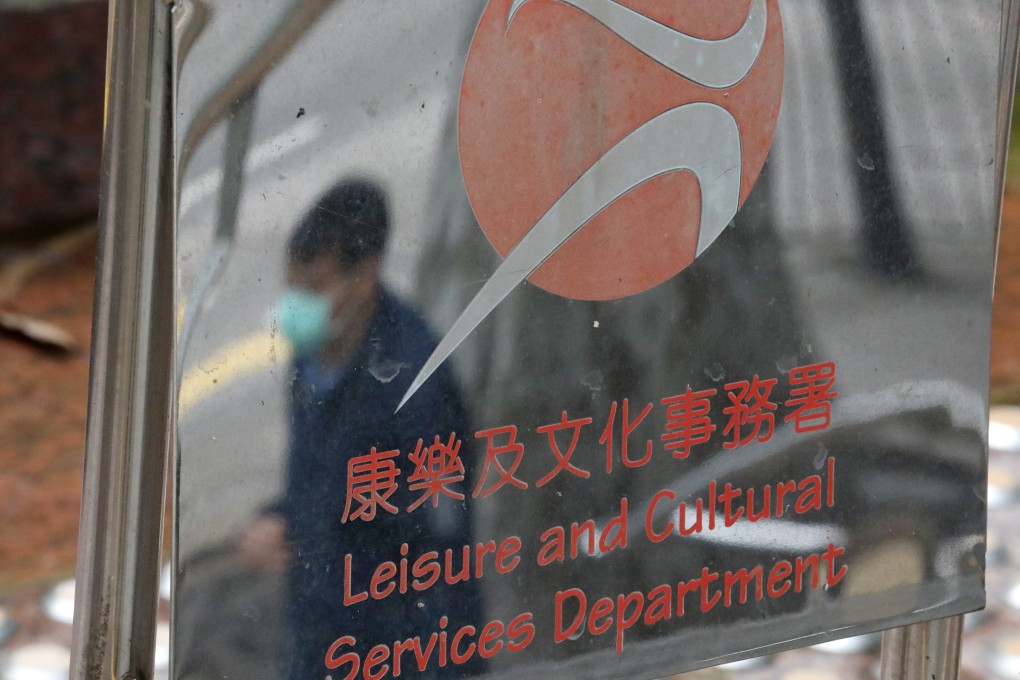Online ticketing system that cost Hong Kong taxpayers HK$90 million delayed, leading to extra costs and continued frustration for residents
- Officials say timeline to implement new system was affected by ‘unpredictable factors’ including Covid-19 pandemic
- Another HK$8.7 million incurred in extending services of existing provider until November this year

A contractor tasked with developing a more efficient online ticketing system for Hong Kong that cost taxpayers HK$90 million (US$11.47 million) has delayed its delivery, resulting in extra costs to continue using a service that was slated to be replaced.
Officials from the Leisure and Cultural Services Department on Thursday said the implementation of the new system had been affected by many “unpredictable factors”, including the Covid-19 pandemic.
“As the new system involves many complicated system settings and service requirements, and the development progress is affected by the pandemic, the department will work out with the contractor on adjustments of the implementation timetable,” a department spokeswoman said, after a local news website reported the delay in the delivery.
With the delay, the department was forced to fork out another HK$8.7 million for the current ticketing network contractor, Cityline (Hong Kong), to continue its services with the Urban Ticketing System (Urbtix) for seven months, from May 2022 to November 2022.
The existing system will run in the meantime before the new one is launched within this year, the spokeswoman added.
The city has faced mounting calls in recent years to crack down on the rampant scalping of concert tickets. Some scalpers queue for days at box offices or use computer programs to automatically buy tickets from websites, before reselling them at a higher price.